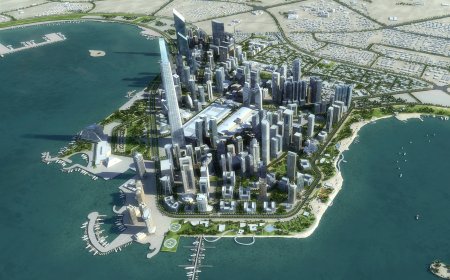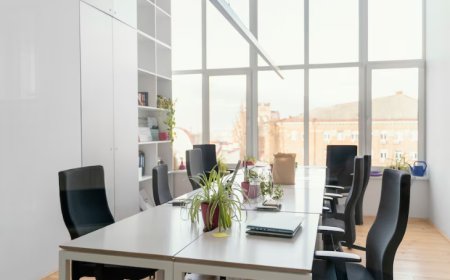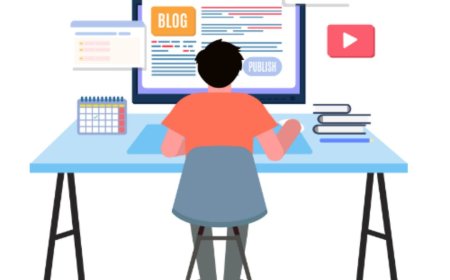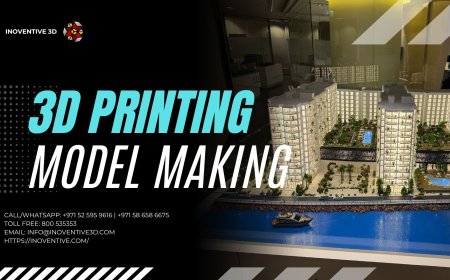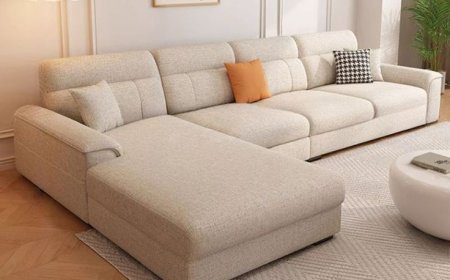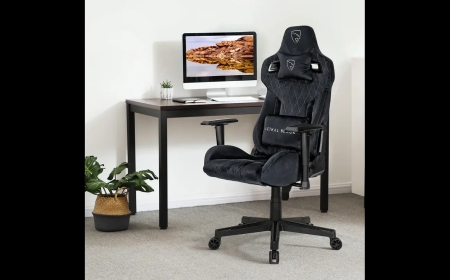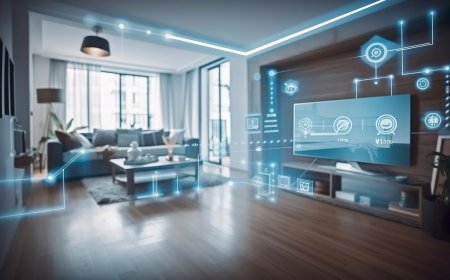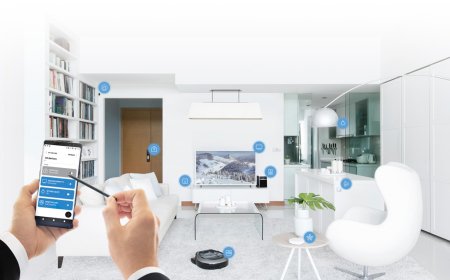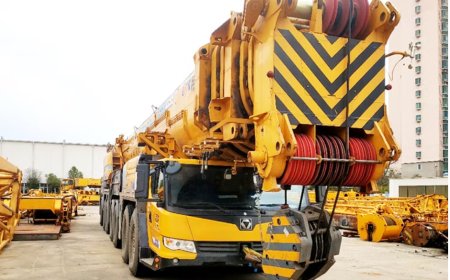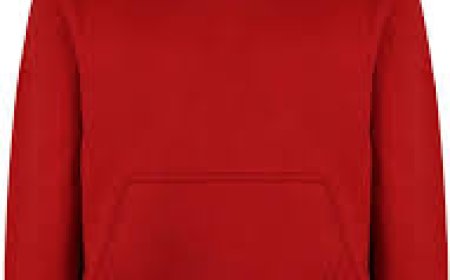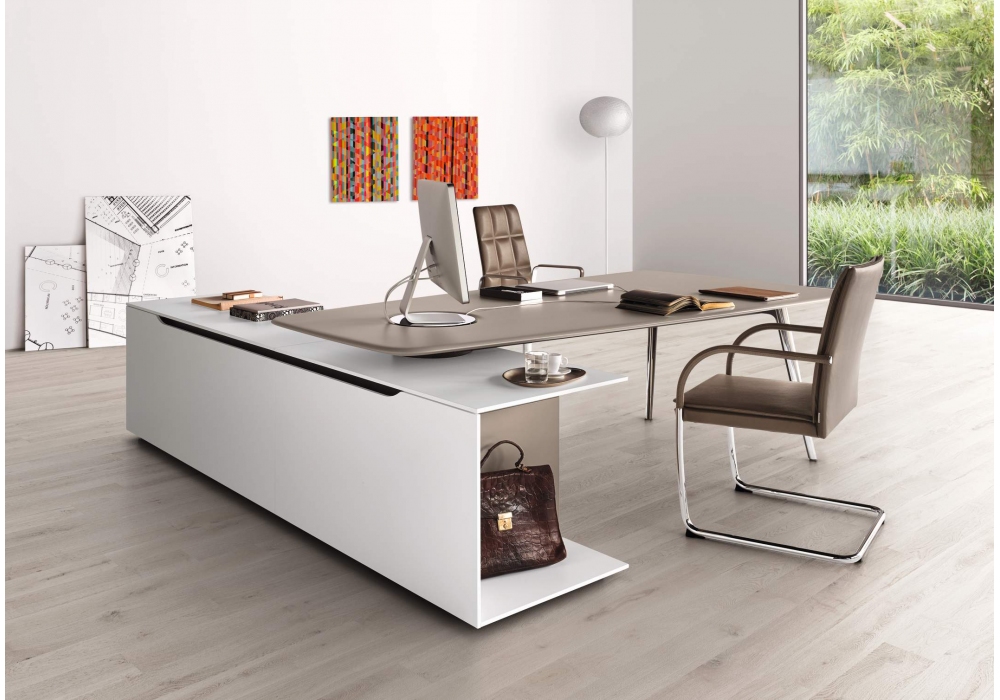Evolution of Office Table Design in the Modern Workplace

The concept of office table design has dramatically evolved over the years, adapting to the dynamic needs of the modern workforce. Todays offices are no longer rigid environments filled with cubicles and bulky desks. Instead, businesses are prioritizing productivity, collaboration, and aesthetics, which has led to more innovative and ergonomic table designs. These changes not only reflect shifts in work culture but also aim to support employee wellness and enhance overall efficiency. A well-thought-out office table is no longer just a piece of furniture; its a crucial element of an effective workspace. From minimalist styles to multi-functional units, businesses now seek designs that blend functionality with style.
Functional Aesthetics: Blending Style with Purpose
When it comes to office table design, the aesthetics must align with functionality. Designers are now focusing on creating tables that are visually appealing yet highly practical. Sleek metal finishes, natural wood textures, and modern color palettes are commonly used to make office tables feel both professional and welcoming. Moreover, modular designs are gaining popularity, allowing companies to easily adapt to changing team sizes or office layouts. The growing trend of open-plan offices also encourages the use of collaborative table setups, making it easier for teams to communicate and brainstorm. This dual focus on style and utility ensures that the workspace remains both elegant and efficient.
Ergonomic Design: Prioritizing Employee Wellness
One of the key focuses in office table design is ergonomics. With many employees spending long hours at their desks, comfort and support have become non-negotiable features. Ergonomic tables are designed to reduce physical strain, promote good posture, and enhance concentration. Adjustable heights, rounded edges, under-desk cable management, and legroom optimization are common features integrated into modern tables. Standing desks, in particular, have become widely adopted, as they allow users to alternate between sitting and standing, which contributes to better circulation and reduced back pain. A well-designed ergonomic table not only improves employee health but also boosts productivity and job satisfaction.
Space-Saving Solutions for Smaller Workspaces
Not every office has the luxury of expansive space, making compact office table designs a critical solution for many businesses. Wall-mounted desks, foldable tables, and corner units are among the popular choices for maximizing space without sacrificing functionality. Many of these designs include built-in storage compartments, cable trays, or multi-level surfaces to help keep the workspace organized. Startups and small offices particularly benefit from such innovations, as they allow optimal use of limited square footage. Efficient space management ensures that even a small office can feel open, uncluttered, and conducive to work.
Technology Integration in Office Table Design
In todays digital era, office table design must accommodate a range of electronic devices and connectivity needs. Modern tables come with built-in USB ports, wireless charging pads, cable organizers, and monitor mounts to reduce desk clutter. These tech-friendly designs not only enhance the work experience but also contribute to a cleaner, more organized look. Some advanced designs even feature smart sensors to adjust height, monitor posture, or integrate with office lighting systems. As technology continues to shape how we work, office furniture must evolve in parallel, supporting both the physical and digital demands of the modern workspace.
Sustainability in Office Furniture Design
Sustainable practices have made their way into office table design as businesses become more eco-conscious. Designers and manufacturers are now using recycled materials, sustainable wood, and non-toxic finishes to reduce the environmental impact of furniture production. Moreover, some designs are modular and built for disassembly, allowing for easy repair, reuse, or recycling. By choosing sustainable office tables, companies not only demonstrate their commitment to the environment but also appeal to a growing demographic of eco-aware employees and clients. Investing in green design reflects a responsible corporate identity and contributes positively to the planet.
Customization: Designing with Brand Identity in Mind
In an increasingly competitive market, businesses are leveraging custom office table designs to reflect their unique brand identity. Whether its the company logo engraved on the tabletop, custom colors that align with brand guidelines, or designs that reflect corporate culture, customization helps make a lasting impression. Companies in creative industries, for instance, might opt for bold, unconventional designs that inspire innovation, while legal or financial firms may prefer traditional, executive-style tables that exude professionalism. The ability to tailor office tables according to brand ethos ensures that the workspace is a true representation of the companys values and vision.
Collaborative Designs for Team-Oriented Workplaces
Modern offices thrive on teamwork, and office table design has evolved to support this collaborative approach. Large conference tables, pod-style desks, and open benching systems are popular for promoting group discussions, idea-sharing, and cooperative workflows. These designs encourage inclusivity and break down the barriers that traditional cubicles once represented. Moreover, collaborative tables often incorporate flexible arrangements, allowing teams to reconfigure the workspace based on project needs. In hybrid work environments, movable or modular tables also enable seamless transitions between solo and group work, enhancing the agility of the workplace setup.
Impact of Good Design on Productivity and Morale
The influence of office table design on employee performance cannot be overstated. A well-organized, aesthetically pleasing, and comfortable table setup contributes significantly to better focus, reduced stress, and improved morale. Employees are more likely to feel valued and motivated when they work in an environment that considers their comfort and needs. Additionally, clean and modern workspaces create a positive impression on visitors and clients, which in turn elevates the companys image. Investing in thoughtful table designs is a strategic move that benefits not only the employees but also the business as a whole.
Choosing the Right Office Table for Your Needs
Selecting the ideal office table design depends on various factors such as available space, nature of work, number of users, and organizational goals. A company should assess its workflow requirements, employee preferences, and long-term plans before making a decision. Its also important to consider the durability and maintenance of the materials used. Whether you opt for a minimalist Scandinavian look, a high-tech executive desk, or a collaborative team bench, the right office table should support your teams daily activities while enhancing the visual harmony of the workspace.
Conclusion
In todays business environment, office table design plays a pivotal role in shaping both work culture and office aesthetics. From ergonomic features and tech integration to space-saving innovations and sustainable materials, the modern office table is an intelligent blend of form and function. Companies that invest in well-designed tables not only improve the productivity and well-being of their employees but also reinforce their brand identity and values. For businesses aiming to stay ahead, choosing the right furniture is more than a necessityits a strategy. And when it comes to smart and stylish solutions, Office furniture remains a trusted name in creating spaces that work.
